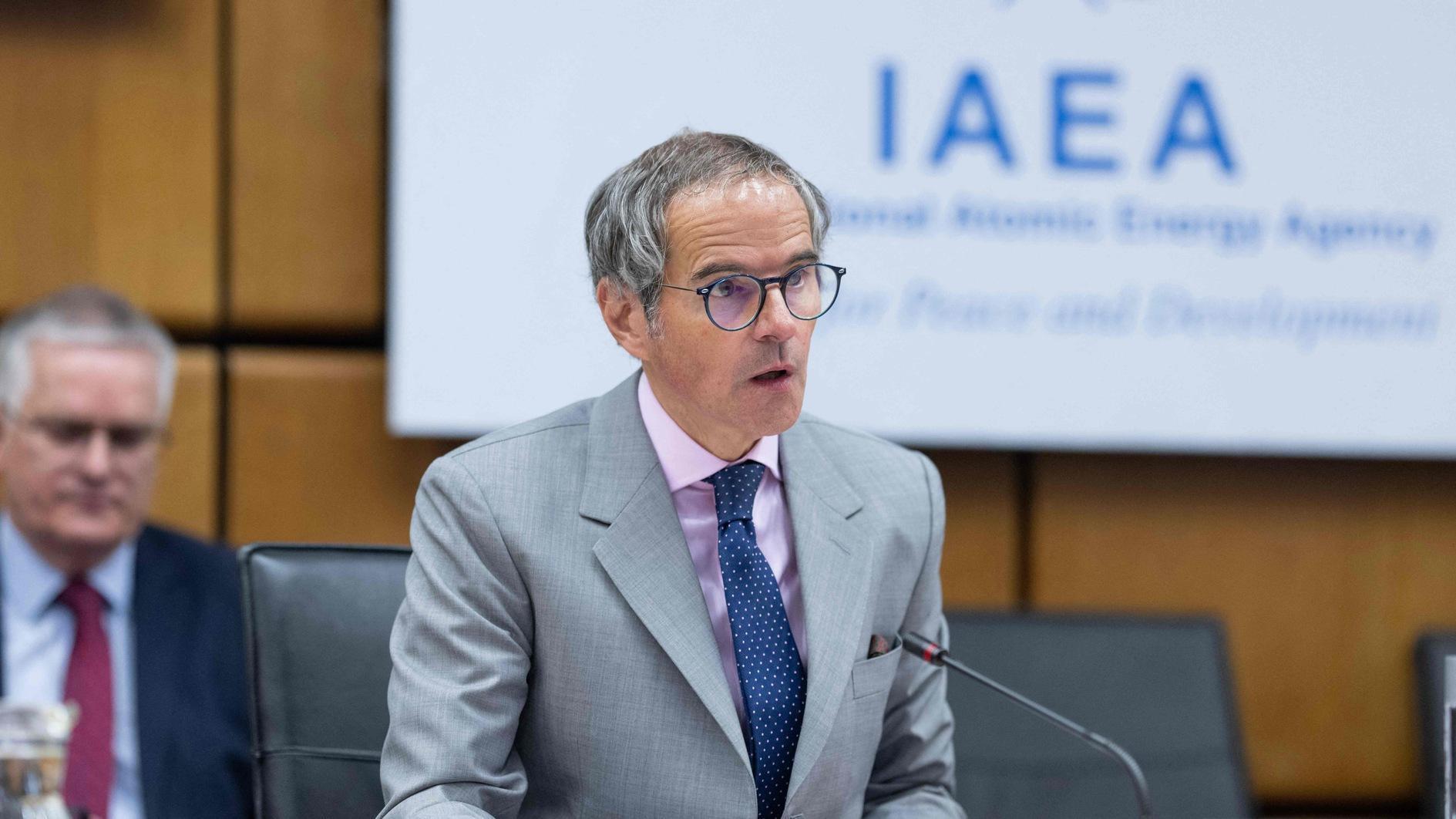‘No operational loss due to wiretaps,’ Turkish intel says
Murat Yetkin

A recent Der Spiegel report turned heads after claiming that the telephones of the Turkish Embassy in Washington DC and the computers of the Turkish UN mission in New York were breached by the US electronic intelligence agency NSA. AP Photo
Turkish state security suffered “no operational losses” due to electronic spying by U.S., German or British efforts as reported by Der Spiegel, a Turkish National Intelligence Organization (MİT) source told the Hürriyet Daily News on Sept. 2, speaking on condition of anonymity.The MİT official said no critical conversation was made or decision regarding state security had been taken electronically “for a long time,” adding that such conversations only took place “face to face.”
The official did not give an exact date but said that “at least” since 2009 all critical talks, including message exchanges, have been made through physical contact without electronic devices, under the instructions of then-prime minister, now-President Tayyip Erdoğan.
“It is a common practice that people in critical positions visit each other at home in the middle of the night,” the source said. “That also applies to our missions abroad. If necessary, our ambassadors or other officials take the first plane and come to Ankara. Nothing is conducted on any electronic medium.”
A recent Der Spiegel report turned heads after claiming that the telephones of the Turkish Embassy in Washington DC and the computers of the Turkish U.N. mission in New York were breached by the U.S. electronic intelligence agency NSA.
The intelligence source claimed that the Turkish security system’s only possible vulnerability, apart from unknown technology or a human intelligence source from within, was satellite intelligence. “Satellites can pick up telephone signals, like UAVs and drones. That is why we stopped talking on the phone,” the source explained.
“There is another way,” they source added. “Foreign services can set up signal collecting devices on the roofs of their embassies. This is why we regularly carry out aerial photographic checks, to see whether new devices have emerged within the embassy compounds.”
The source went further, even touching on the iCloud scandal after private photos of actresses like Jennifer Lawrence or Kate Upton hit the web.
“You shouldn’t put anything on Internet-connected platforms that you wouldn’t be able to say aloud to everyone in Taksim Square” the source said, in reference to Istanbul’s famous meeting place, which was at the center of last summer’s Gezi protests. “Especially sending an e-mail is like sending a postcard. Even the postman can read it,” they added.
I asked about three particular examples: The first example was the recording made of a meeting in the office of then-foreign minister, now-Prime Minister Ahmet Davutoğlu. The meeting took place with Davutoğlu, his deputy Feridun Sinirlioğlu, MİT head Hakan Fidan, and the number two of the Armed Forces (TSK), General Yaşar Gülen, regarding the threat posed by Islamist militants in Syria. The second example was about the bugs reportedly found in the office of Erdoğan. The third example was about the MİT trucks intercepted by Turkish gendarmerie forces near the Syrian border as they were carrying loads (later announced as humanitarian aid) to opposition fighters (later on announced as Turkmens) in Syria.
The answers to all these questions were the same: “Those have nothing to do with electronic espionage. The illegal recording of Davutoğlu’s office was probably done from within the building; the trucks were stopped due to court orders taken with possible links to the parallel structure [alleged Gülenists]; the bugs are probably related to the Gülenists too, as may be shown when the ongoing probes are completed.”
Meanwhile, TürkTelekom, the telecommunications company whose majority share is dominated by Saudi Oger, issued a statement regarding our publication yesterday. In the statement, TürkTelekom says it has no data reflecting the number of relay devices or stations outside Turkey, but it has partnerships with 75 operators in 59 countries, including direct voice trafficking with Austria. TürkTelekom says it has not had any security breach reported to its servers so far, and abides by the agreements it has signed with Turkey’s Information Technologies and Communications Board (BTK).
Turkish Communications and Transportation Minister Lütfü Elvan has said there is a probe ongoing regarding any possible leak or breach in the Turkish telecommunications system regarding state security, following the Der Spiegel report.











